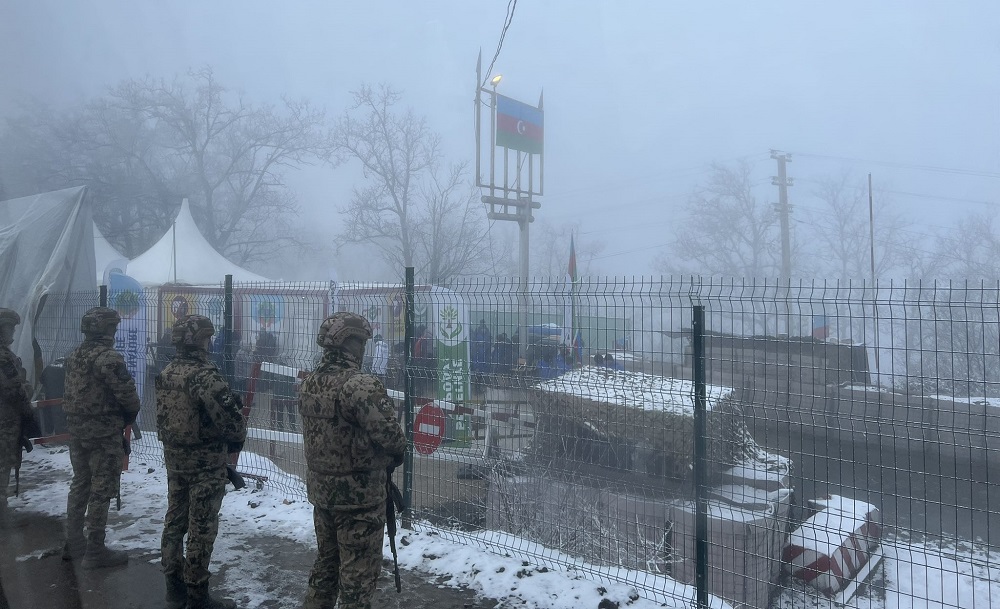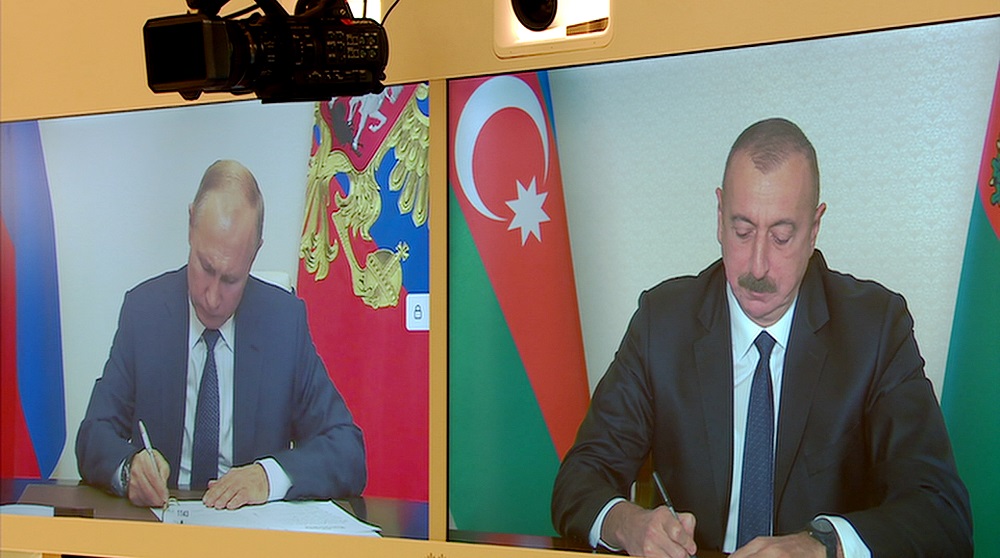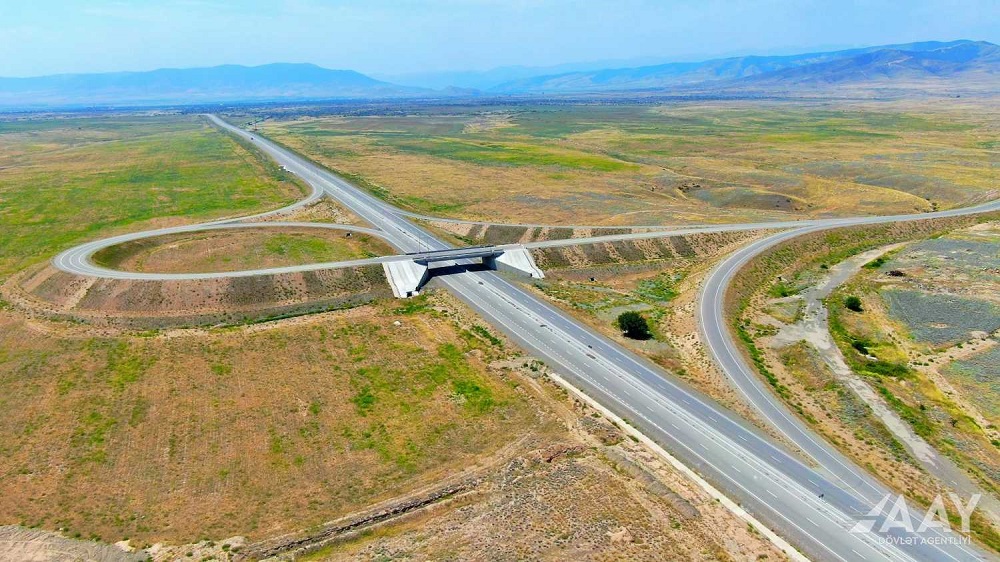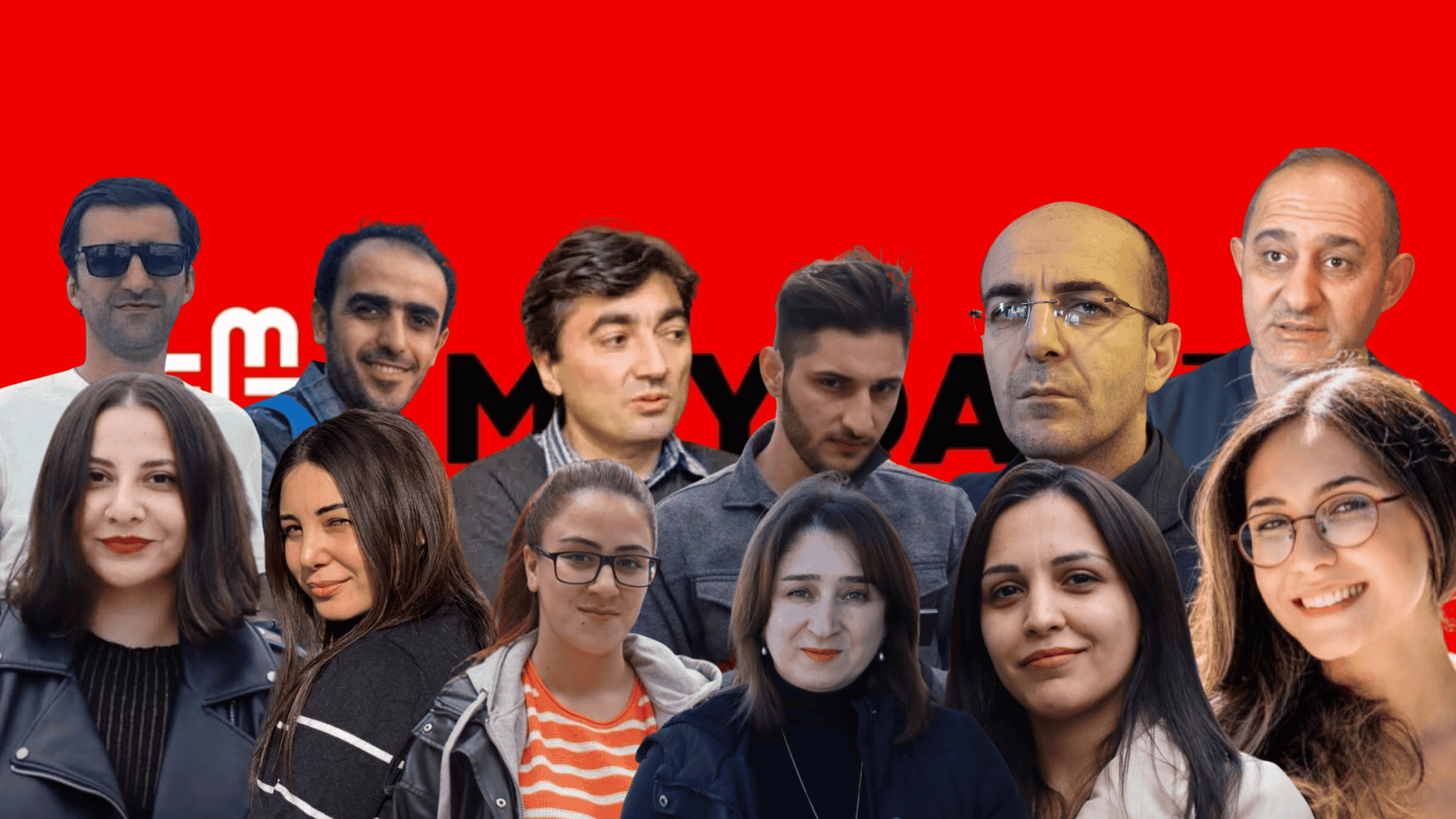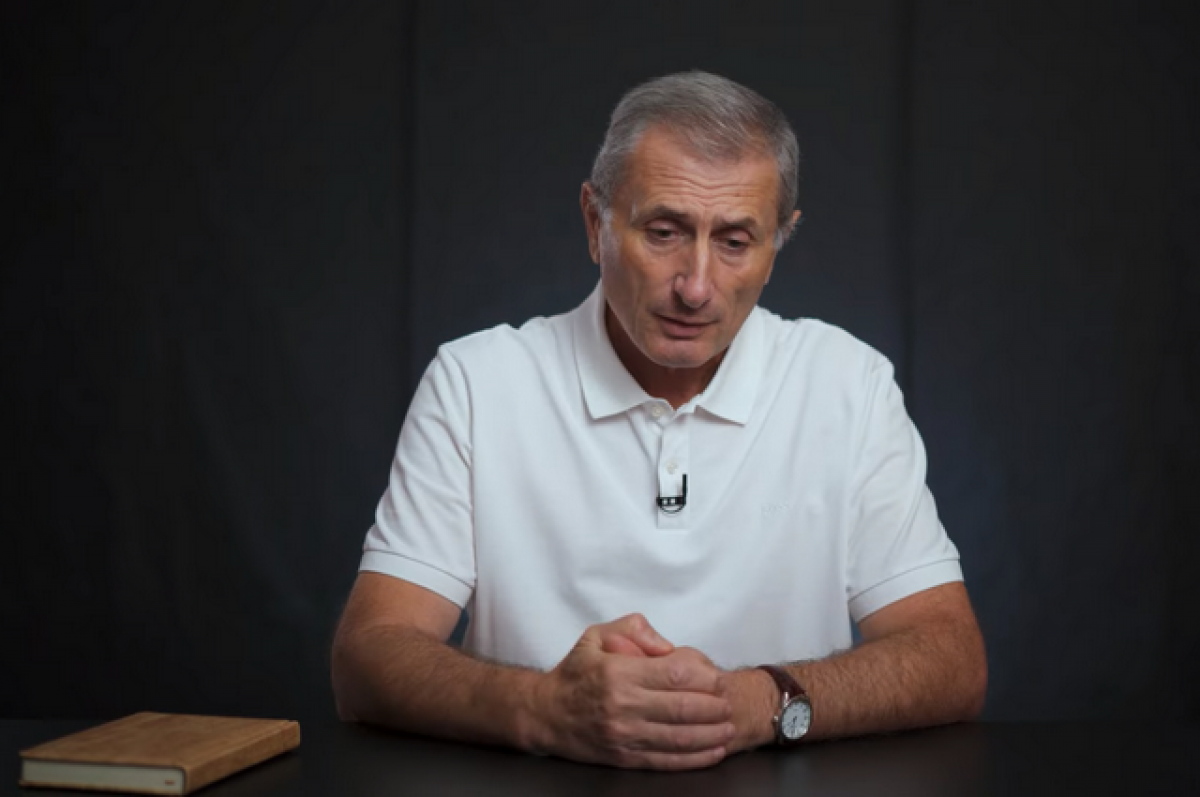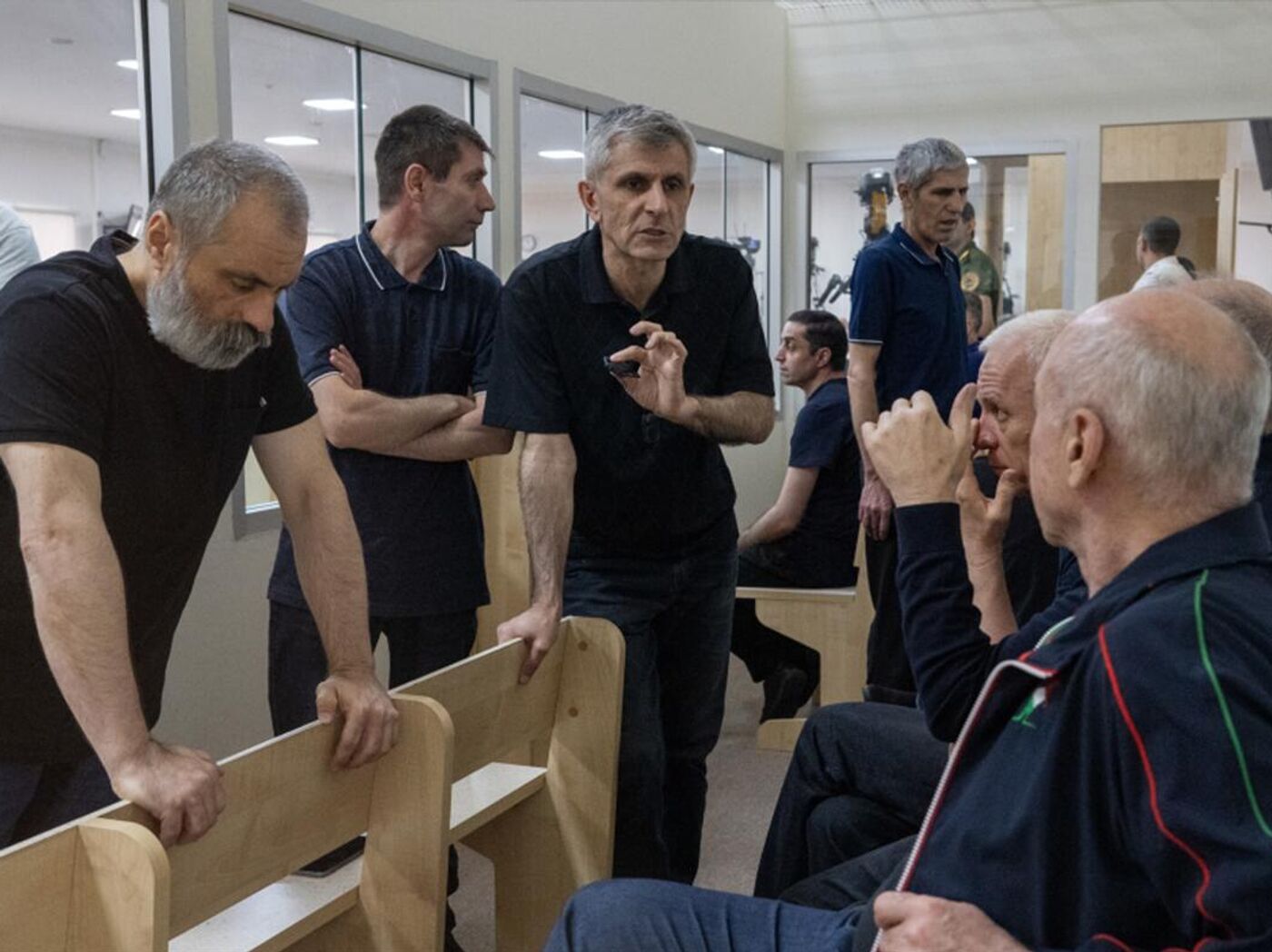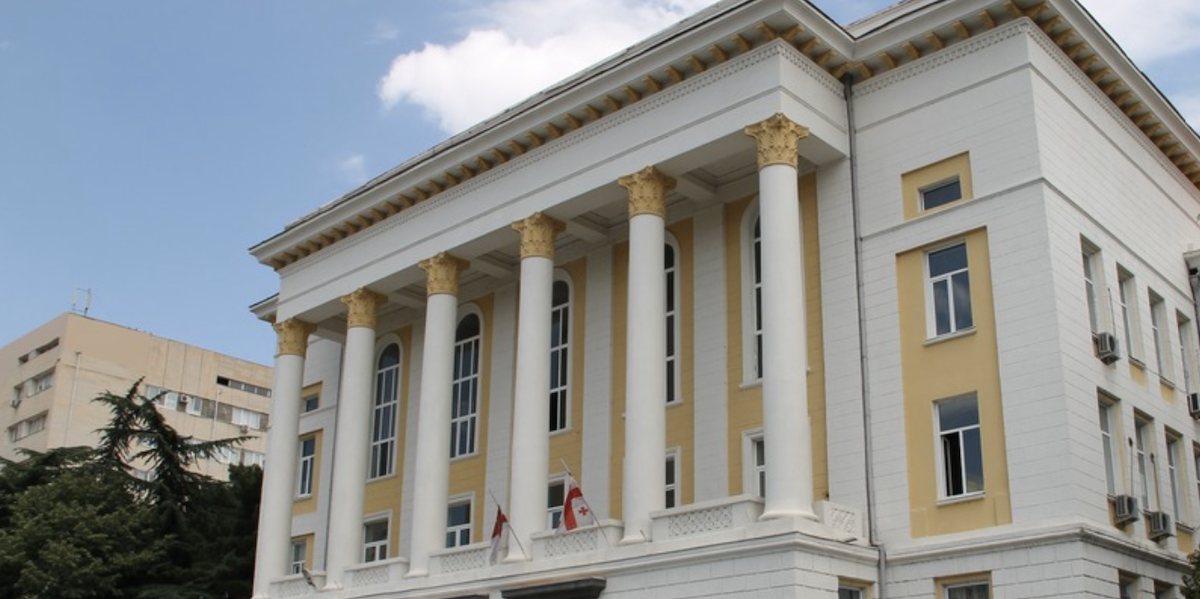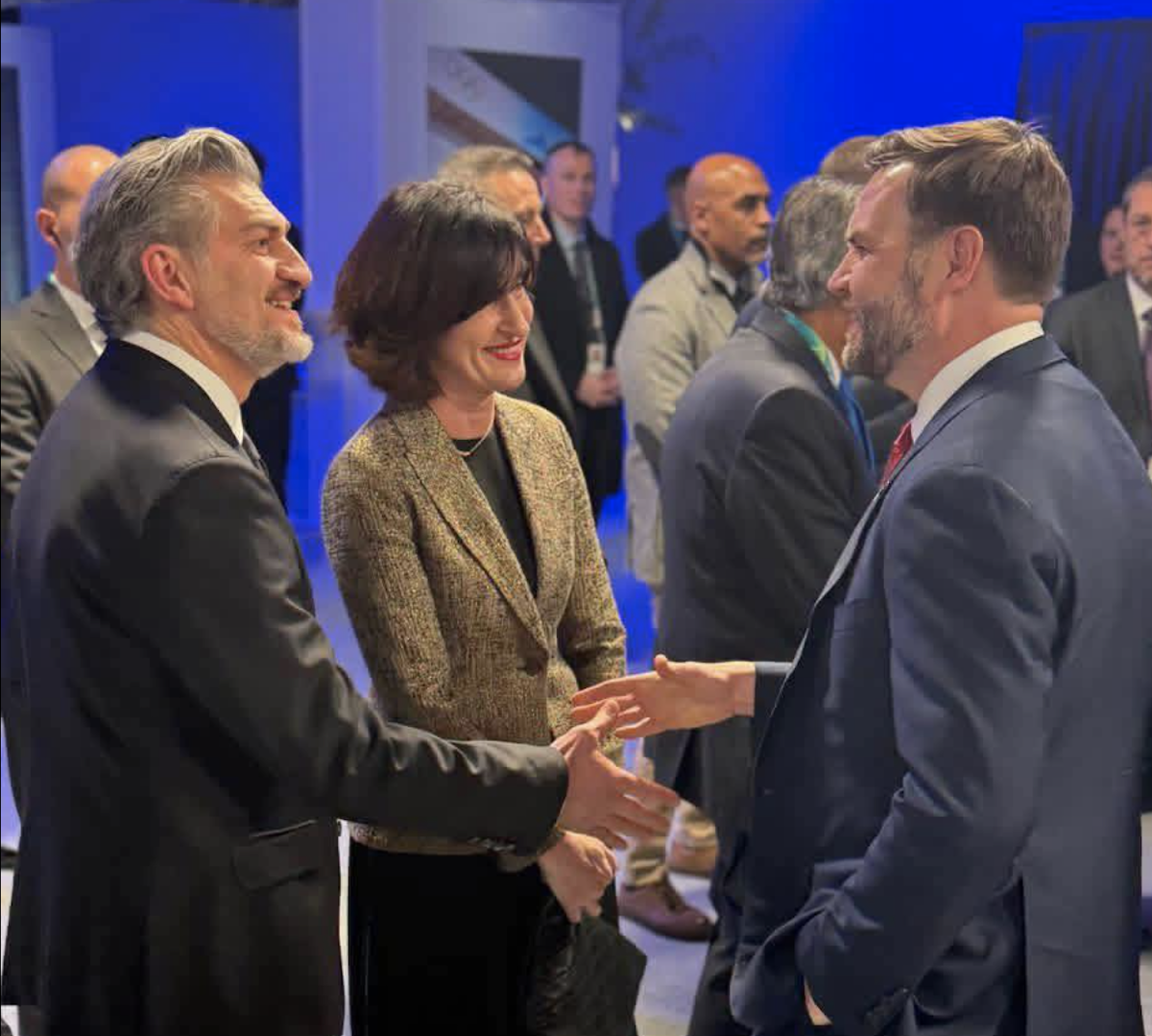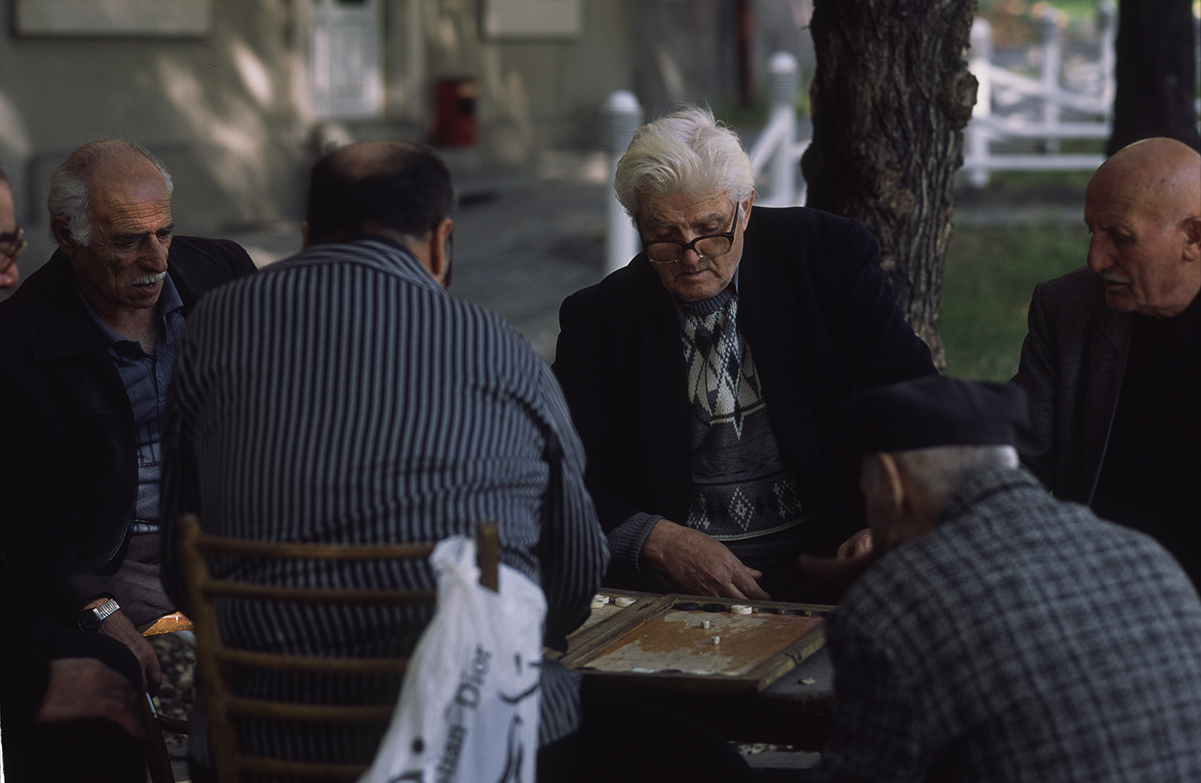"A UN Security Council resolution without forceful support is ordinary paper." View from Baku
Commentary on the meeting of the UN Security Council
“A resolution without forceful support is ordinary paper. As we already know, only 27 years after the adoption of the UN Security Council resolutions, Azerbaijan was able to implement them by force,” political observer Haji Namazov said on the possible outcome of the UN Security Council meeting.
“Armenia does not currently have such an opportunity, and is unlikely to have it in the foreseeable future, because. it is unlikely that the military strength of Armenia will ever exceed the power of Azerbaijan, even without the help of its neighboring ally Turkey,” the expert added.
- Armenia appeals to UN Security Council on issue of blockade of NK. Experts on expectations
- Chairman of ruling party of Georgia questions stories of Shovi landslide survivor
- Three members of one organization arrested in Azerbaijan in half a month, fourth speaks of persecution
On August 16, a meeting of the UN Security Council initiated by Armenia will take place. The meeting will discuss the situation around the part of Karabakh inhabited by Armenians, as well as the Lachin road.
Azerbaijani political commentator Haji Namazov commented for JAMnews on the possible results of the meeting in New York.
On the ethical side of the issue
“First, you need to determine for yourself what the UN Security Council is today and what decisions it can make on the sovereign territory of Azerbaijan.
I will note right away that the meeting was initiated by Armenia, and the territory of Azerbaijan, where Armenians live, should become the subject of discussions. In other words, a single country raises the issue of the territory of another country at the highest level. From an ethical point of view, this detail seems to me very controversial for international actors.”
About the situation in the world in the early 90s and now
“Only the lazy in Azerbaijan in recent days have not remembered the four resolutions of the UN Security Council, adopted in the early 90s of the last century. They clearly and clearly recognized the territorial integrity of Azerbaijan, and required Armenia to unconditionally leave the occupied territory of a neighboring country.
In those years, the situation in the world was similar to today. In the early 90s, the West was completely occupied with the “absorption” of the post-Soviet space and Eastern Europe, and the main actors in the international arena were not up to the “minor” conflicts, according to their assessments, which they presented the Karabakh issue.
Now the West is busy with a global war against Russia in Ukraine and on the economic front. And here it would be useful to recall that Azerbaijan is a partner of the West in this struggle, both in terms of comprehensive support for Kyiv and the energy security of Europe.”
Azerbaijan is not worried
“This morning it became known that Armenia sent its Foreign Minister Ararat Mirzoyan to participate in the meeting of the Security Council. Apparently, the Armenian side feels the need for a more detailed report of the situation to the members of the Security Council.
So far, no steps in this direction have been noticed from the Azerbaijani side. Baku was satisfied with the on-duty statement of the Foreign Ministry.
This suggests that Azerbaijan has managed to convince its partners from the Security Council of the relevance of its decisions, and there is nothing to worry about.”
On the tripartite agreement and the decision of the International Court of Justice
“If we talk about the essence of tomorrow’s discussions, then Armenia is unlikely to be able to present the tripartite statement of November 10, 2020 as an international document that is binding.
This document, as we know, is more like a “gentlemen’s agreement” of the leaders of the three states, who subsequently did not consider it necessary to transfer it to the official level. None of the parliaments of these countries has ratified the agreement; it has no international significance under international law.
And Armenia itself has not yet fulfilled the terms of this agreement – the Armenian troops have not left Karabakh, the road connecting the main part of Azerbaijan with Nakhichevan is not even in the project.
As for another argument of the Armenians – the decision of the International Court of Justice, it is fully implemented by Azerbaijan. The Lachin road is open, and the checkpoint on the border with Armenia is a common world practice for all sovereign countries.
You should not panic from the speeches of various political scientists. The International Court of Justice has never warned Baku about any problems with the implementation of its decision. Therefore, there is nothing to complain about here.”
Likely Scenarios
“What can the UN Security Council decide? It seems to me that it will limit itself to a non-binding statement calling on the parties to sign a peace treaty and resolve humanitarian issues.
But let’s look at other theoretically possible scenarios.
If suddenly the UN Security Council adopts a resolution requiring Azerbaijan to open the Lachin road for humanitarian aid from Armenia, this still means absolutely nothing.
Firstly, Azerbaijan is a sovereign country that is free to allow or not allow goods from other countries to enter its territory. Moreover, Armenia has not officially requested permission from Baku to transport humanitarian cargo to Karabakh.
Secondly, Azerbaijan several times offered to deliver the necessary goods to Khankendi through its territory, which is logical and meets all the requirements of both Azerbaijani legislation and international law. Those. accusing Baku of some kind of blockade and “genocide” is nothing more than manipulation and lies.
And most importantly, the resolution must be implemented, and this requires military force.
Let’s face it, the UN will not be able to send its peacekeepers to Karabakh. This will be almost ironically prevented by Russia, which does not want other forces in Karabakh, except for its own. In the current international environment, this is practically nonsense.
Yes, it could be assumed that the UN would grant its international mandate to Russian peacekeepers in Karabakh, but this is also unlikely due to the attitude of the West towards Russia.
But just a resolution without power support is ordinary paper. As we already know, only 27 years after the adoption of the UN Security Council resolutions, Azerbaijan was able to implement them by force.
Armenia does not currently have such an opportunity, and is unlikely to have it in the foreseeable future, because. it is unlikely that the military strength of Armenia will ever exceed the power of Azerbaijan, even without the help of its neighboring ally Turkey.”










